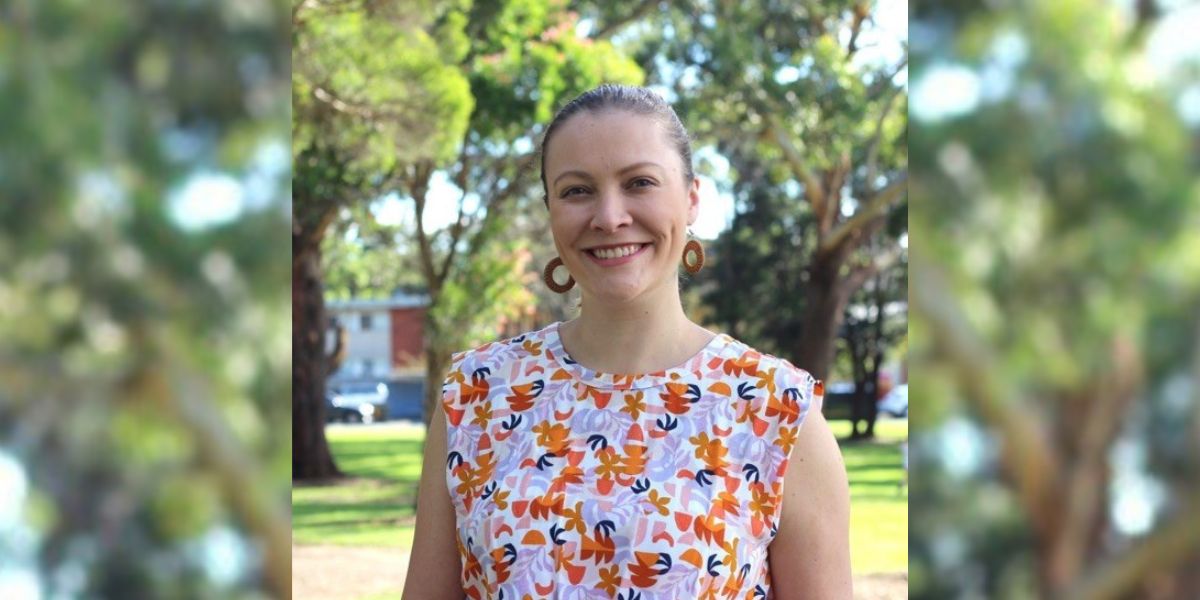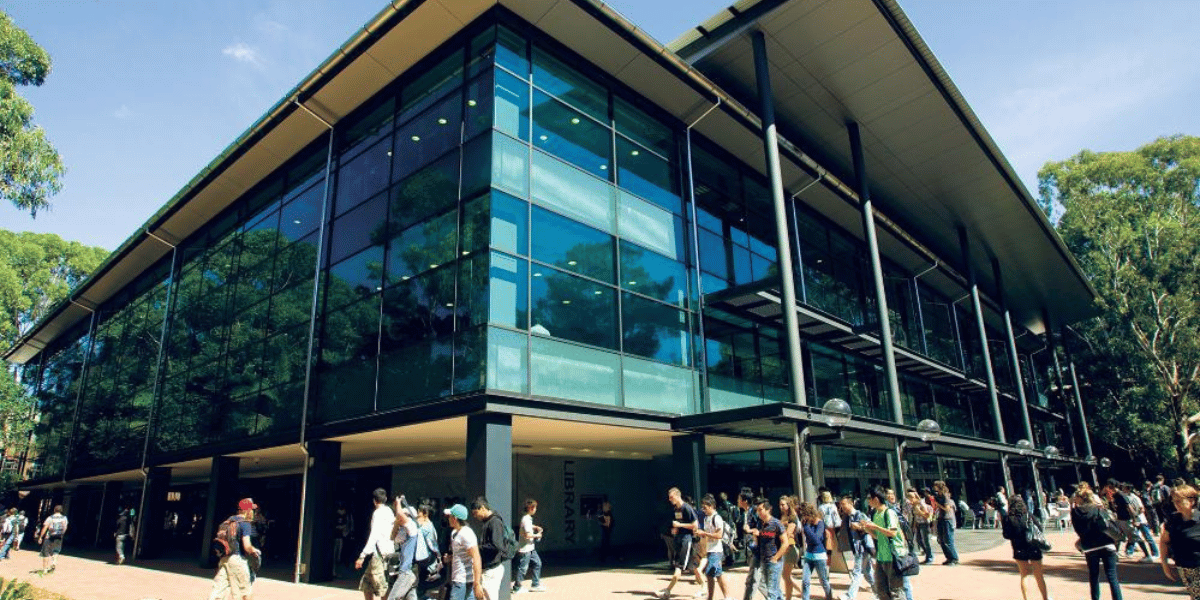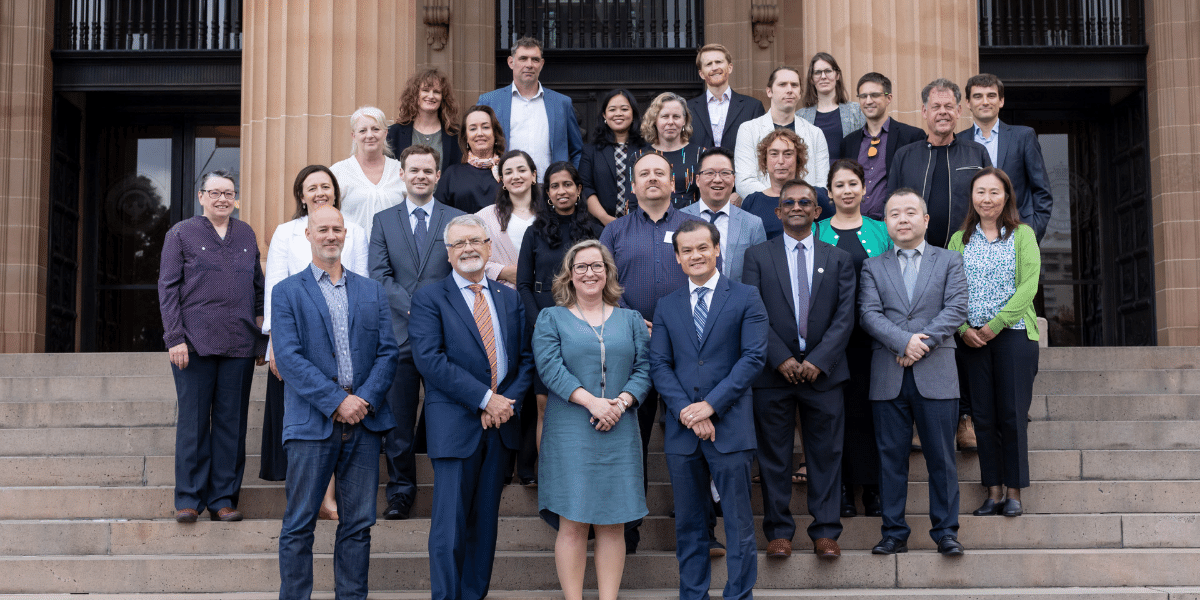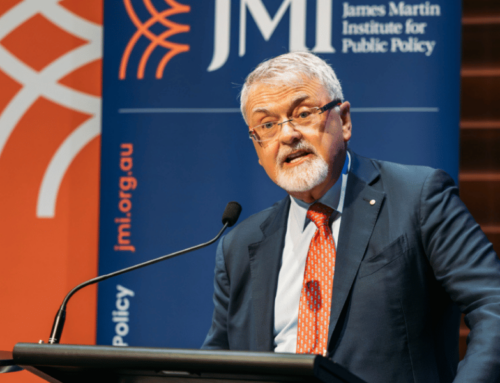
This week, the James Martin Institute for Public Policy welcomed Dr Sophie-May Kerr as a JMI Policy Fellow (Academic Stream). Dr Kerr’s 12-week fellowship will focus on housing policy and, in particular, how to better accommodate families with children living in apartments in New South Wales and beyond.
As governments across Australia grapple with how to tackle a worsening housing crisis, and various new government initiatives aim to boost the supply of affordable and social housing, her research will provide invaluable insights to policymakers and identify opportunities to address this crucial issue in housing policy and urban planning.
What is your research and policy background?
I am an early career researcher working as a Research Associate at City Futures Research Centre UNSW and Lecturer in the UNSW City Planning Program. My doctorate, awarded in 2021 from the University of Wollongong, examined the material and emotional challenges faced by parents raising children in apartments in Sydney. I also have extensive experience in the non-profit sector. I have worked across a variety of policy challenges including housing, neighbourhood change, employment, education, mobility, and refugee settlement. The projects I have worked on have a common goal of equity and inclusion and I am a passionate advocate for policy and practice that are guided by diverse lived experiences.
What policy challenges and opportunities will you address in your fellowship?
The fellowship will shed light on the experiences of families with children living in apartments; a cohort who are regularly overlooked in compact city policies. The number of families living in apartments in Australia has more than doubled in recent decades. However, research has shown that apartments are primarily designed and delivered with the assumption they will be occupied by singles and couples without children.
These assumptions are problematic, as growing evidence demonstrates that higher density housing is not meeting the needs of family households in terms of size, design, infrastructure, and price points. Research shows that the struggle to find suitable apartments and the challenges and stress that result, lead families to see apartment living as a transitional rather than long-term option, threatening the resilience of compact city agendas.
The output of the fellowship will be a Policy Insights Paper, which will explore adjustments to policies and practice that are needed for apartment homes to better cater to a diversity of residents.
You have worked extensively across the academic, community and not-for-profit sectors. How will your fellowship project differ from research and policy projects you have conducted in the past?
The fellowship is an opportunity to produce an evidence-based output that speaks directly to policymakers. The unique role of JMI as an intermediary between government and universities offers great potential to researchers like me who are interested in utilising research to encourage real-world change. My hope is that through the course of the fellowship, I can build ongoing relationships and enable better policy through collaboration.
Your project will engage with housing and planning policymakers. What aspects of the collaborative process are you most looking forward to?
I am someone who values working collaboratively to achieve maximum societal impact. I am looking forward to the opportunity the fellowship presents to bring research into conversation with government and industry professionals with an interest in housing and compact city planning. The project will no doubt benefit from the experience of the stakeholders involved.
I also look forward to showcasing the value of qualitative research for housing policymaking. While big data plays an important role in informing planning decisions, there is untapped potential in qualitative housing research that repositions residents as vernacular experts. As our cities continue to increase in density, it is imperative that we listen to and learn from the experiences of urban residents who are at the forefront of this change.









